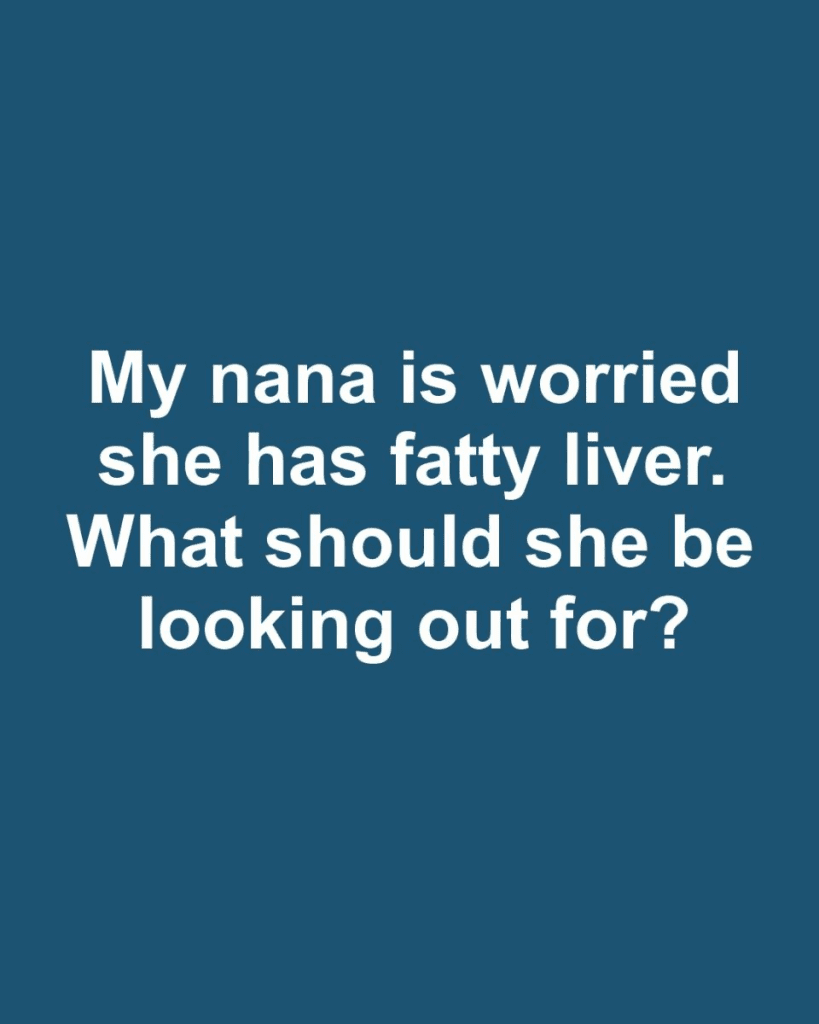Fatty liver disease, or hepatic steatosis, is a condition where excess fat accumulates in the liver. It can stem from excessive alcohol consumption, known as alcoholic fatty liver disease, or from non-alcoholic causes (NAFLD). While often overlooked, this condition can significantly impact liver function and overall health. Let’s dive deeper into what fatty liver disease entails, its symptoms, and how to manage it effectively.
What Is Fatty Liver Disease and Why Should You Care?
The liver is a powerhouse of the body, responsible for detoxifying harmful substances, producing proteins, and aiding digestion. When too much fat builds up in the liver, it can hinder these critical functions. Over time, this fat buildup can cause inflammation, liver damage, and even lead to severe conditions like cirrhosis. Recognizing and addressing fatty liver disease early can make a world of difference in preventing long-term complications.

Spotting the Symptoms of Fatty Liver Disease
Fatty liver disease is often dubbed a “silent condition” because many people don’t realize they have it until it’s advanced. However, there are signs you can watch for, especially as the disease progresses:
- Fatigue and Weakness: Feeling unusually tired or weak could signal your liver isn’t functioning optimally.
- Abdominal Discomfort: A dull ache or feeling of fullness in the upper right side of the abdomen may indicate liver trouble.
- Weight Loss or Loss of Appetite: Unexplained weight loss or a decrease in appetite can sometimes be linked to liver issues.
- Jaundice: Yellowing of the skin and eyes, though more common in severe cases, signals liver stress.
- Swelling in the Abdomen or Legs: Fluid retention, especially around the abdomen (ascites), is a concerning symptom that requires immediate medical attention.
Who’s at Risk? Understanding the Causes and Risk Factors
A variety of factors can contribute to fatty liver disease, and understanding these risks is key to prevention.
- Obesity and Metabolic Syndrome: Excess weight, especially around the abdomen, is a significant risk factor.
- Type 2 Diabetes and Insulin Resistance: Both conditions can increase fat accumulation in the liver.
- High Cholesterol and Triglycerides: Elevated levels of fats in the blood often coincide with fatty liver.
- Sedentary Lifestyle: Lack of physical activity exacerbates the risk of fat buildup in the liver.
- Genetics and Medications: Certain genetic factors and medications like steroids can also contribute.
Even seemingly healthy habits, like rapid weight loss or crash diets, can stress the liver and lead to fat accumulation.
How Is Fatty Liver Disease Diagnosed?
Diagnosing fatty liver disease often involves a combination of methods to confirm fat buildup and rule out other liver issues:
- Blood Tests: Elevated liver enzymes can indicate liver stress, prompting further investigation.
- Imaging: Ultrasound, CT scans, or MRIs can reveal fat deposits in the liver.
- Liver Biopsy: In severe or unclear cases, a biopsy may be necessary to assess liver damage and inflammation levels.
Early diagnosis is crucial, as it can help prevent the progression to conditions like non-alcoholic steatohepatitis (NASH) or cirrhosis.
Effective Lifestyle Changes to Manage Fatty Liver Disease
If you’ve been diagnosed with fatty liver disease, don’t panic. With the right lifestyle adjustments, it’s possible to halt or even reverse the condition.
1. Focus on Sustainable Weight Loss
Losing weight gradually—about 1-2 pounds per week—can significantly reduce liver fat. Avoid extreme diets that might worsen the condition.
2. Stay Physically Active
Exercise not only burns fat but also improves overall liver health. Aim for at least 150 minutes of moderate-intensity activity, like brisk walking or cycling, each week.
3. Reduce Alcohol Consumption
If your fatty liver is alcohol-related, cutting back—or better yet, eliminating—alcohol is essential for recovery.
The Best Diet for Fatty Liver Disease
Eating a liver-friendly diet can help reduce fat accumulation and support overall health. Here’s what to include and avoid:
What to Eat:
- Fruits and Vegetables: Rich in antioxidants, these help reduce inflammation.
- Whole Grains: Opt for quinoa, brown rice, and oats for sustained energy.
- Lean Proteins: Fish, poultry, tofu, and legumes support muscle health without adding excess fat.
- Omega-3 Fatty Acids: Found in fish, walnuts, and flaxseeds, omega-3s are anti-inflammatory and support liver health.
What to Avoid:
- Refined Carbs and Sugary Foods: These promote fat accumulation.
- Saturated Fats: Limit intake from red meat and full-fat dairy.
- Sugary Beverages: Sodas and energy drinks are empty calories that burden the liver.
Hydration is equally important—drink plenty of water to flush toxins and support liver function.
Can Medical Treatments Help?
Currently, no specific medication targets fatty liver disease directly. However, treating related conditions like diabetes, obesity, and high cholesterol can significantly improve outcomes. In some cases, vitamin E supplements and diabetes medications have shown promise in reducing inflammation in NASH patients. Always consult a healthcare provider before starting any treatment plan.
When to See a Doctor
If you suspect you have fatty liver disease or experience persistent symptoms like fatigue, abdominal pain, or jaundice, don’t delay seeking medical advice. Early intervention can prevent severe liver damage and improve your quality of life.
Preventing Fatty Liver Disease: Tips for Long-Term Health
Prevention is always better than cure. Here’s how you can maintain liver health and reduce your risk:
- Maintain a Healthy Weight: Regular exercise and balanced meals are your best allies.
- Limit Alcohol Intake: Moderation is key to protecting your liver.
- Manage Chronic Conditions: Keep diabetes, cholesterol, and blood pressure under control.
- Get Vaccinated: Protect your liver against hepatitis A and B, which can exacerbate liver problems.
Conclusion: Take Charge of Your Liver Health
Fatty liver disease is a growing concern, but the good news is that it’s manageable—and often reversible—with the right approach. By understanding the symptoms, addressing risk factors, and making sustainable lifestyle changes, you can protect your liver and improve your overall well-being. Remember, it’s never too late to take charge of your health and give your liver the care it deserves. Start today—you’ll thank yourself tomorrow!


